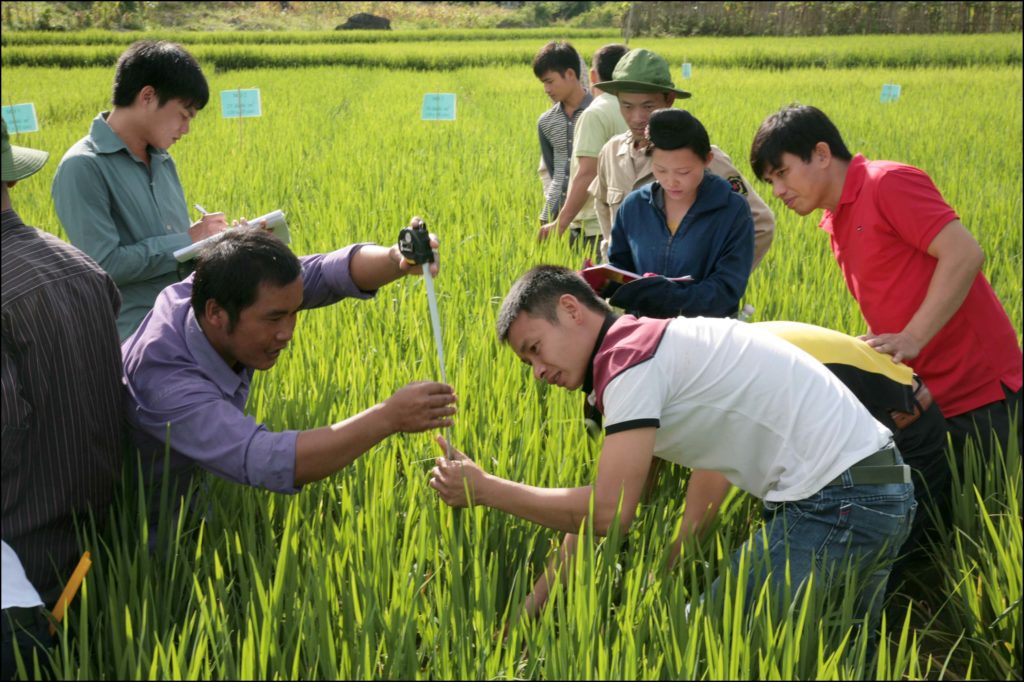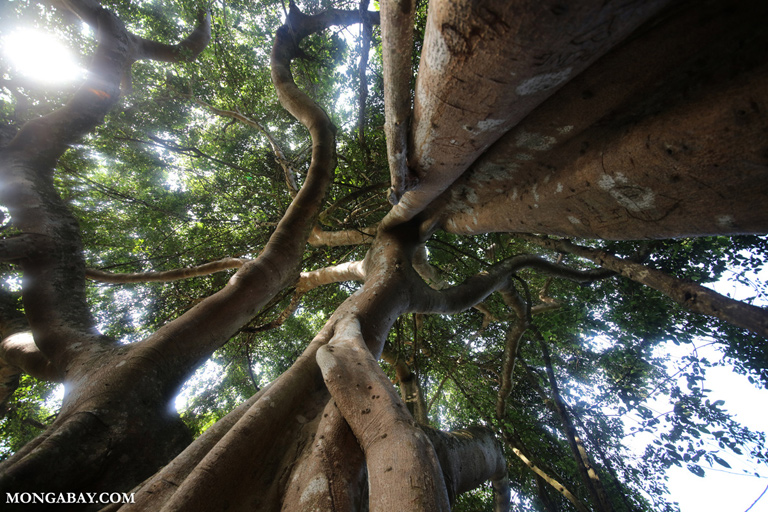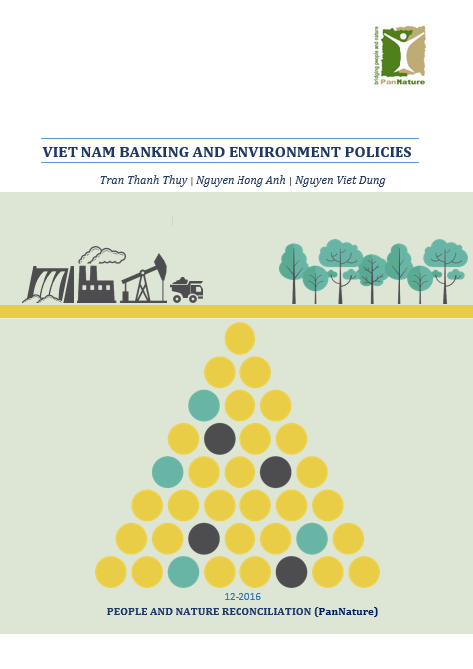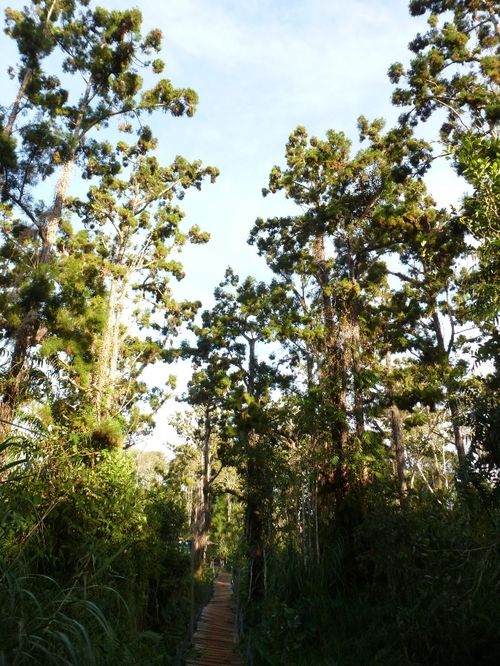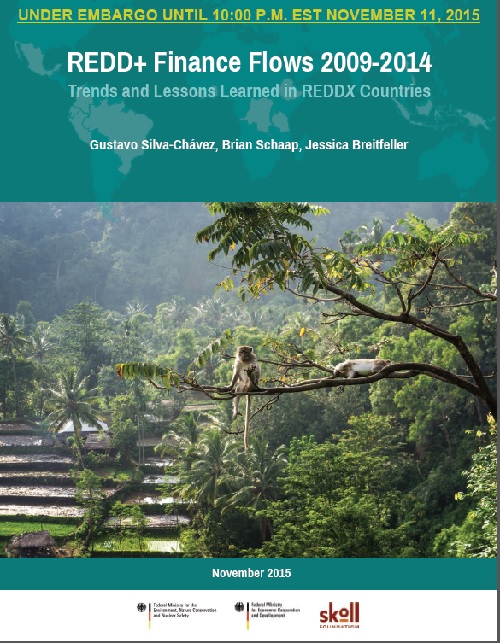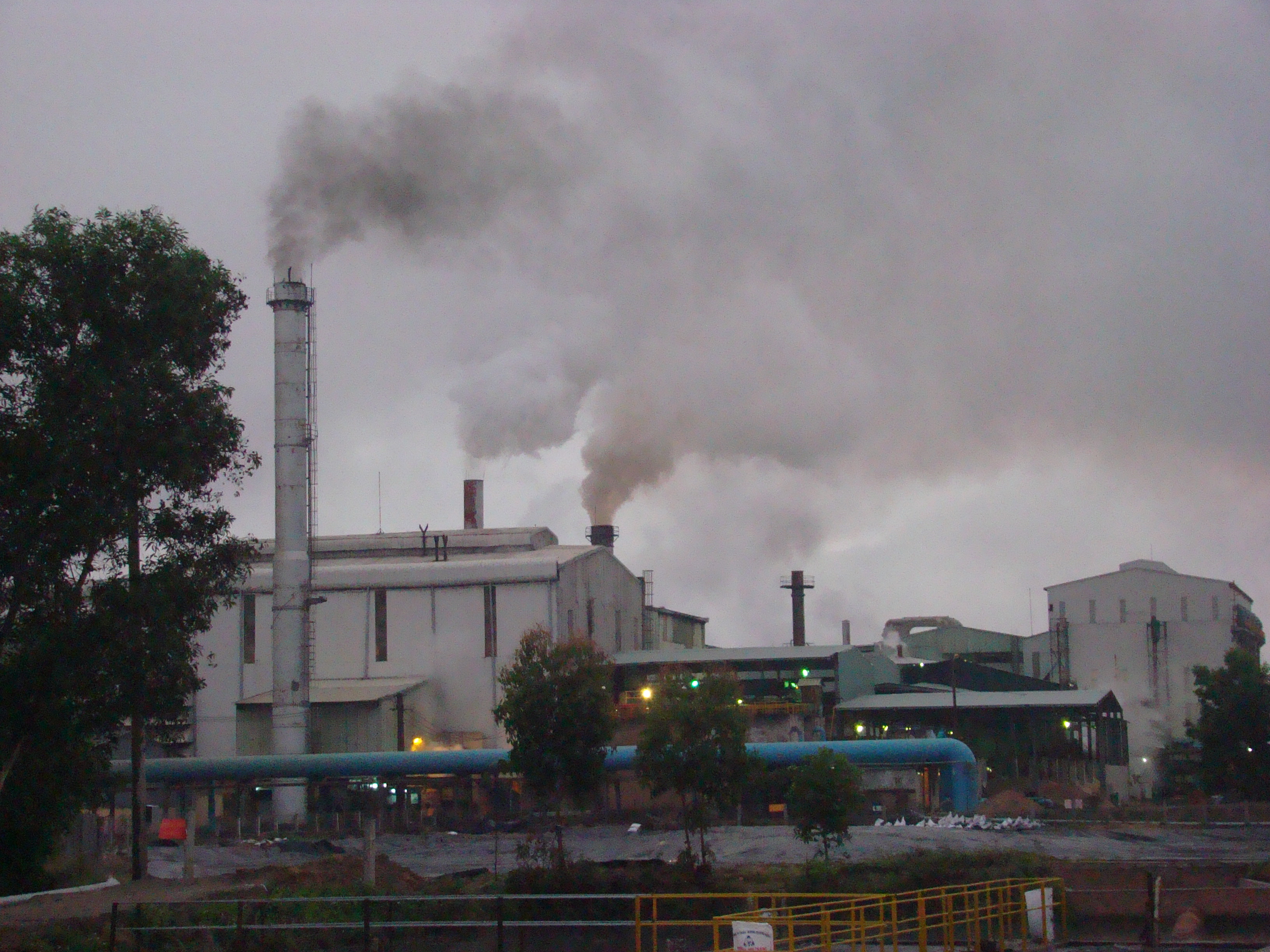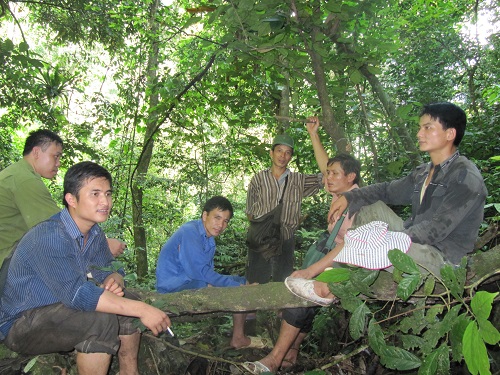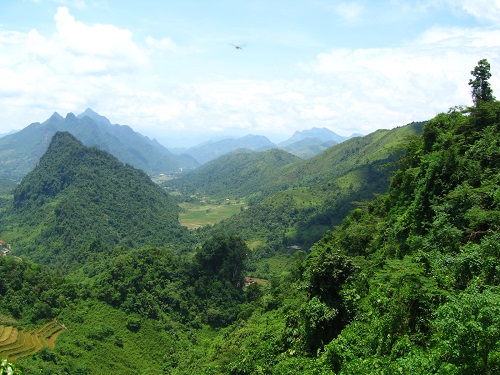Grassroots Development and Sustainable Development: A View from Voice of Farmers Project
Along with national programs on sustainable development and climate change response, small-scale projects with a bottom-up approach also play an essential role in implementing sustainable development goals. The paper analyzes the concepts of grassroots development and sustainable development based on a bottom-up climate change mitigation and adaptation project implemented in two Northwest provinces of Vietnam.

